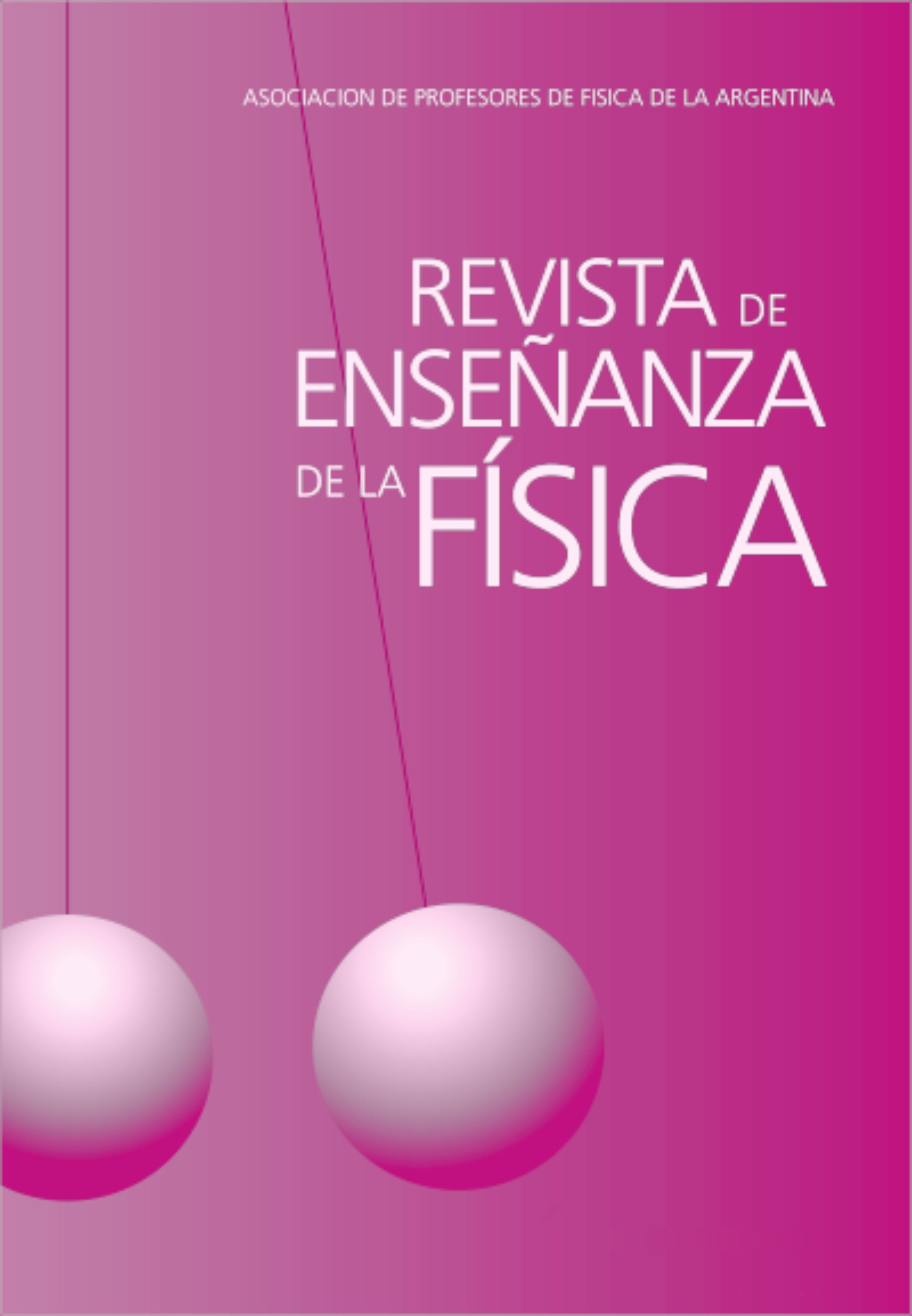Parameterized problem solving: a strategy to stimulate collaborative learning
Keywords:
Problem solving, Parameterized problems, Physics teaching, Collaborative learning.Abstract
In this paper, we aim to explore how the use of closed and parameterized problems, in the context of General and Experimental Physics I, is received and realized by university students of Engineering participating in this discipline. As well as to investigate if the use of this type of problem has the potential to foster the practice of collaborative learning among these students. This work was developed according to the research perspective called Action–Research which aims at a concrete action to solve a real problem. The data collection instrument employed was a questionnaire composed of four closed questions. Data analysis indicates that the vast majority of participants prefer to use parameterized problems because they recognize that type of problem may stimulate collaborative learning by discussing and comparing procedures of solving problem. It also indicates that this type of didactic task can stimulate the practice of collaborative learning and that this didactic strategy has the potential to be generalized to other classroom contexts.Downloads
Published
2017-11-02
How to Cite
Alves, J., Sauerwein, R. A., & Pastorio, D. P. (2017). Parameterized problem solving: a strategy to stimulate collaborative learning. Journal of Physics Teaching, 29, 113–119. Retrieved from https://revistas.unc.edu.ar/index.php/revistaEF/article/view/18451
Issue
Section
Research
License
Aquellos autores/as que tengan publicaciones con esta revista, aceptan los términos siguientes:Los autores/as conservarán sus derechos de copiar y redistribuir el material, bajo los términos estipulados en la Licencia de reconocimiento, no comercial, sin obras derivadas de Creative Commons que permite a terceros compartir la obra bajo las siguientes condiciones:
- Reconocimiento — Debe reconocer adecuadamente la autoría, proporcionar un enlace a la licencia e indicar si se han realizado cambios. Puede hacerlo de cualquier manera razonable, pero no de una manera que sugiera que tiene el apoyo del licenciador o lo recibe por el uso que hace.
- NoComercial — No puede utilizar el material para una finalidad comercial.
- SinObraDerivada — Si remezcla, transforma o crea a partir del material, no puede difundir el material modificado.
- Los autores/as podrán adoptar otros acuerdos de licencia no exclusiva de distribución de la versión de la obra publicada (p. ej.: depositarla en un archivo telemático institucional o publicarla en un volumen monográfico) siempre que se indique la publicación inicial en esta revista.
- Se permite y recomienda a los autores/as difundir su obra a través de Internet (p. ej.: en archivos telemáticos institucionales o en su página web) antes y durante el proceso de envío, lo cual puede producir intercambios interesantes y aumentar las citas de la obra publicada. (Véase El efecto del acceso abierto).














